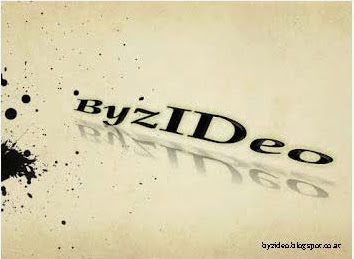Byzantine Poetry in the ‘Long’ Twelfth Century
(1081-1204) Perceptions, Motivations and Functions
Conference at the Institute
for Medieval Research/Division of Byzantine Research
Austrian Academy
of Sciences
Vienna, 13-15 June
2018
Organizers:
Baukje van den Berg, Andreas Rhoby, and Nikos Zagklas
Call for Papers
The time span
between the ascension of Alexios I Komnenos to the throne (1081) and the fall
of Constantinople to the Latins (1204) is marked by striking historical and
socio-cultural developments that influenced many aspects of the contemporary
literary production. This holds true especially for texts written in verse, the
production of which is much larger than in any other century in middle and late
Byzantine times. The twelfth century can thus be described as the ‘golden age’
of Byzantine poetry, since it flourished throughout the entire period both in
Constantinople and the periphery of the empire (e.g. Southern Italy, and Athens
in the late twelfth century). However, it is not only its amount that determines
the significant place of Komnenian poetry in Byzantine literary and social
culture. Many literary novelties are closely associated with the poetry of this
period, such as the unprecedented use of
literature for ceremonial and didactic purposes at the court, or the emergence
of vernacular works. While the poetry of this period maintains many features of
texts written in other periods, at the same time it undergoes a transformation
acquiring a distinguished character. Even though many texts have received due
scholarly attention, our picture of poetic
production is still vague and fragmentary.
This conference
aims to acquire a more nuanced picture of twelfth-century poetry (both secular
and religious) by exploring various aspects and functions of poetic texts written during this period. We therefore
invite abstracts that concern works from the time of Niketas of Herakleia and
Theophylaktos of Ochrid up to the time of Michael Choniates and Efthymios
Tornikes. Questions and topics that might addressed include:
- How do twelfth-century authors perceive the composition of texts in prose and verse? Do they make a clear differentiation between the two forms? Do they include such discussions in their works?
- What poetic trends and practices are continuous throughout the twelfth century? How do poetic genres transform? Do new poetic genres emerge during this period?
- What are the circumstances of poetry’s function in court, educational, ecclesiastical and intellectual settings during this long period? For example, what is the connection to contemporary developments in twelfth-century educational settings, such as the flourishing of schedography and exegetical literature?
- What are the driving motivations behind the composition of verse? Do they differ from other periods? For instance, what is the link between patronage and the composition of poetry in the twelfth century? Does the role of patronage remain fixed or are there changes throughout this long period?
- How do authors construct their self-representation in their poems? How does the use of verse influence the shape of an intellectual persona? Should we always identify the first-person narrator with the poet? What is the role of reality and fiction in Komnenian poetry?
- What ancient and Byzantine models do the Komnenian poets make use of? How do these models influence twelfth-century poetry in terms of genre, content and metric tendencies?
- How did poetry circulate (written and orally) in the twelfth century and beyond? What is the impact of Komnenian poetry on the Palaeologan period? What are the later contexts of use of Komnenian poems?
- What parallel developments mark Greek and Latin poetry of the period? What happens in places that, geographically, stand in between, such as southern Italy?
This, of course,
is a provisional list of questions to which we are happy to add more
suggestions. Moreover, we welcome papers on editorial projects of
twelfth-century poems that are in progress.



No comments:
Post a Comment